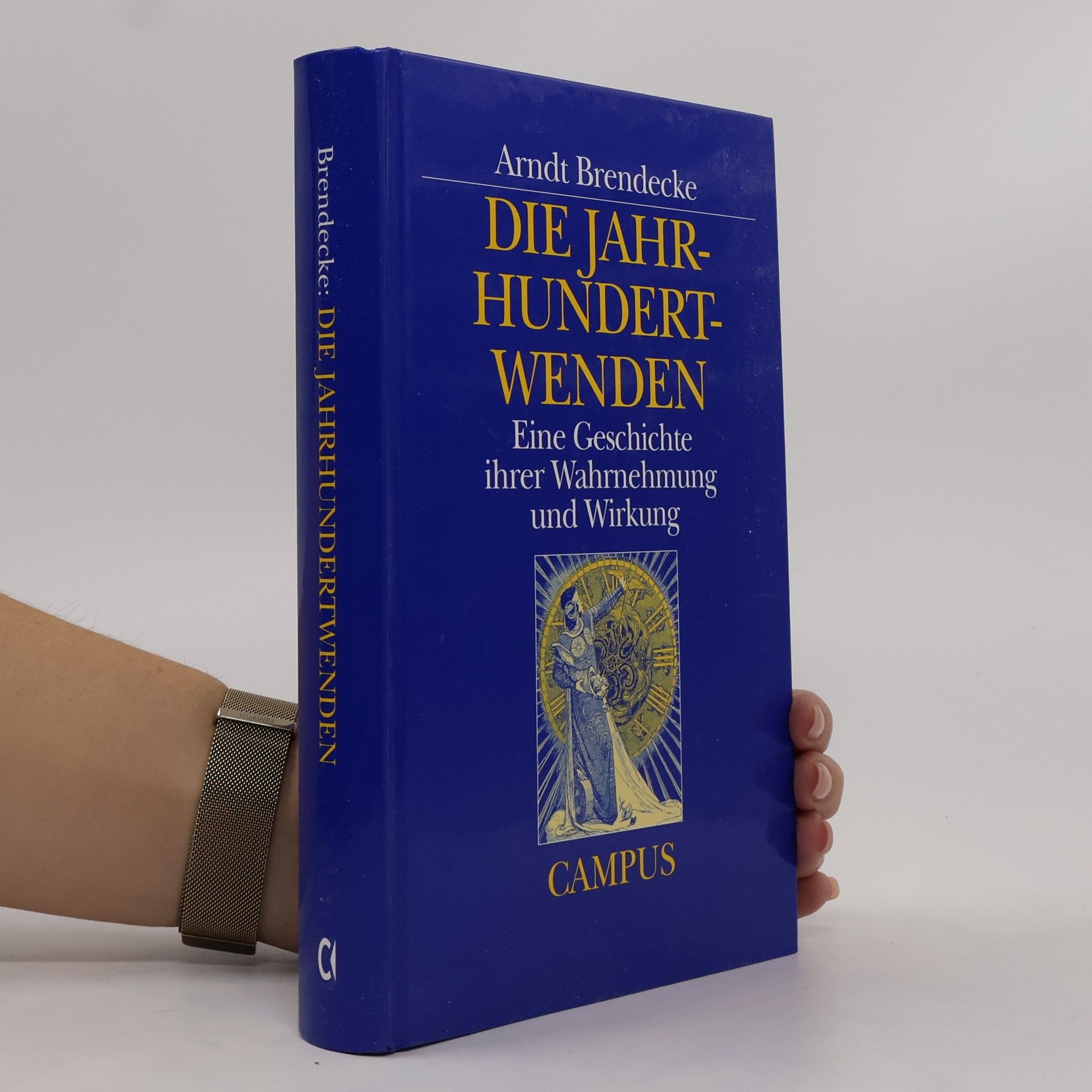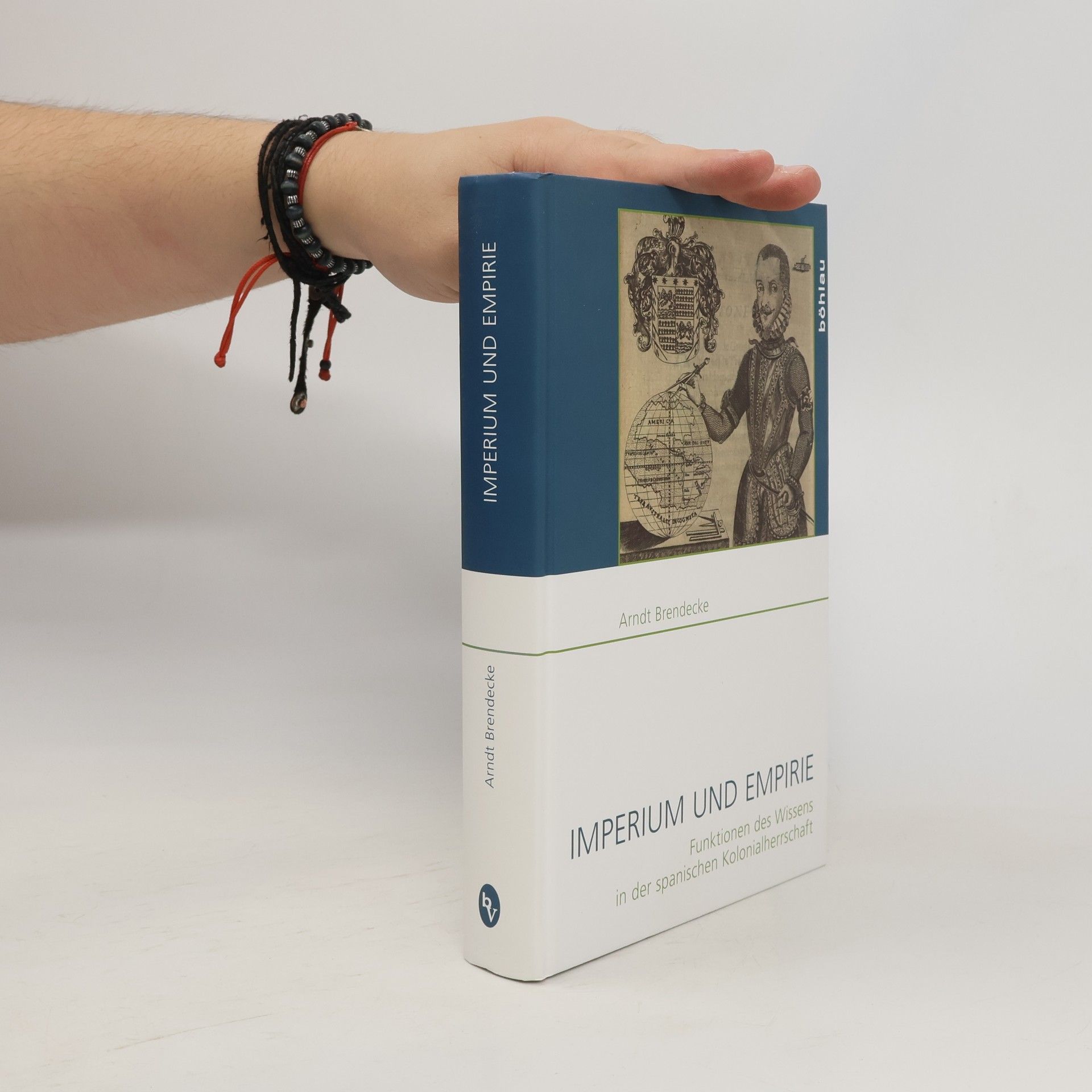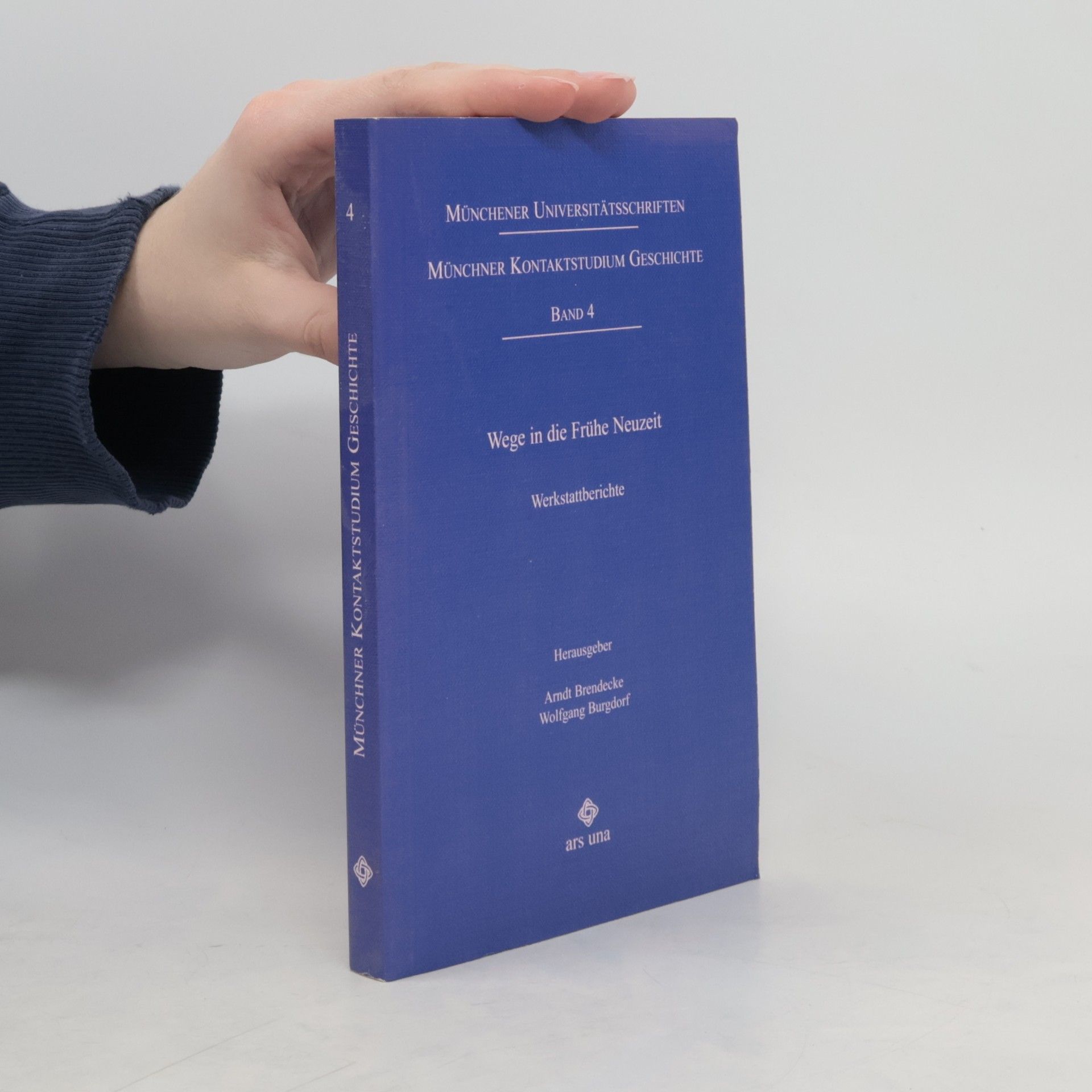Arndt Brendecke Book order (chronological)
January 4, 1970




Imperium und Empirie
Funktionen des Wissens in der spanischen Kolonialherrschaft
- 486 pages
- 18 hours of reading
***Angaben zur beteiligten Person Brendecke: Arndt Brendecke ist Inhaber des Lehrstuhls für die Geschichte der Frühen Neuzeit an der LMU München.
Jahrhundertwenden bewegten schon lange die Phantasie ihrer Zeitgenossen. Ob dabei jedoch Angst oder Hoffnung, Pathos oder Desinteresse herrschte, war bislang unerforscht.